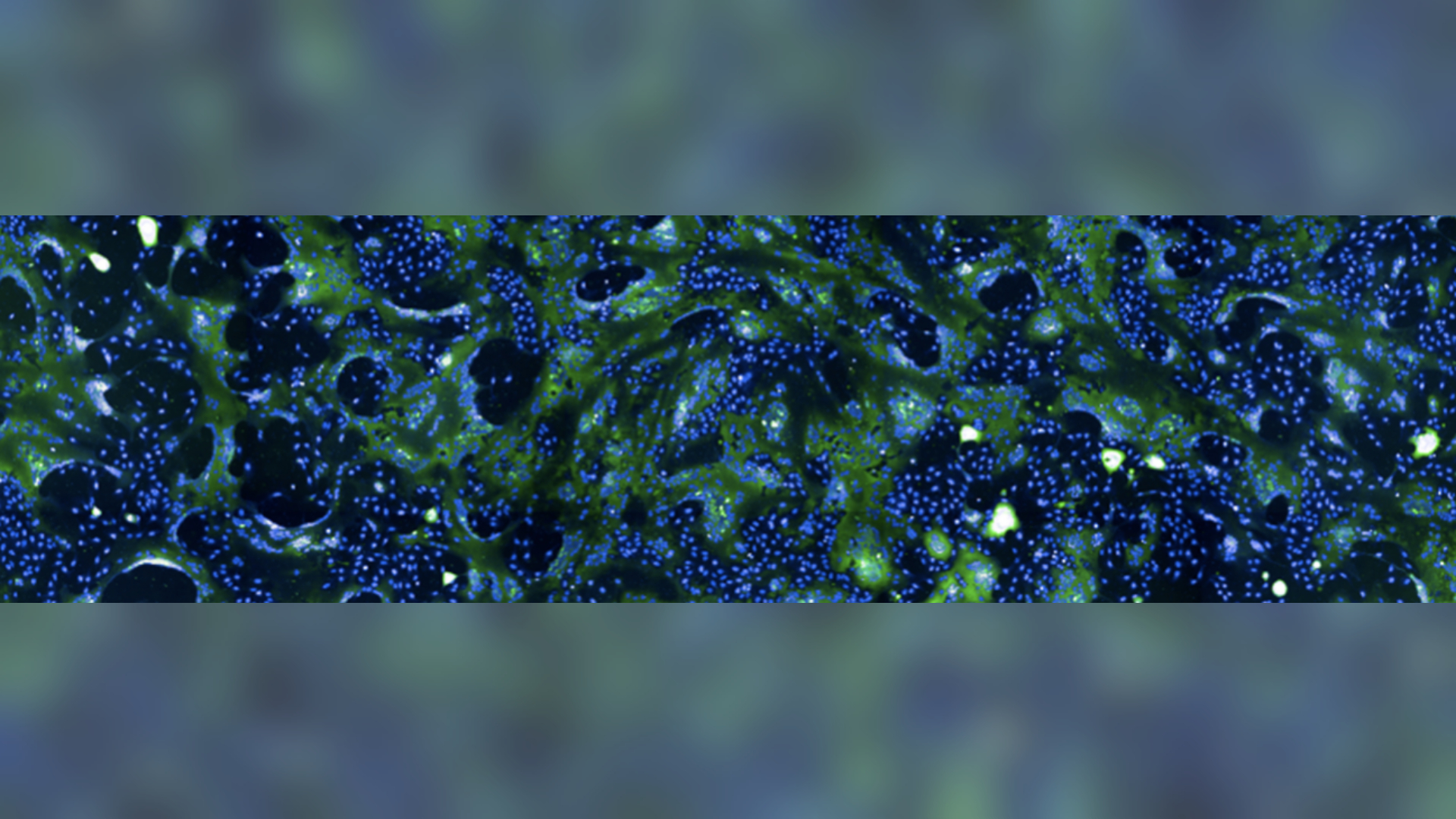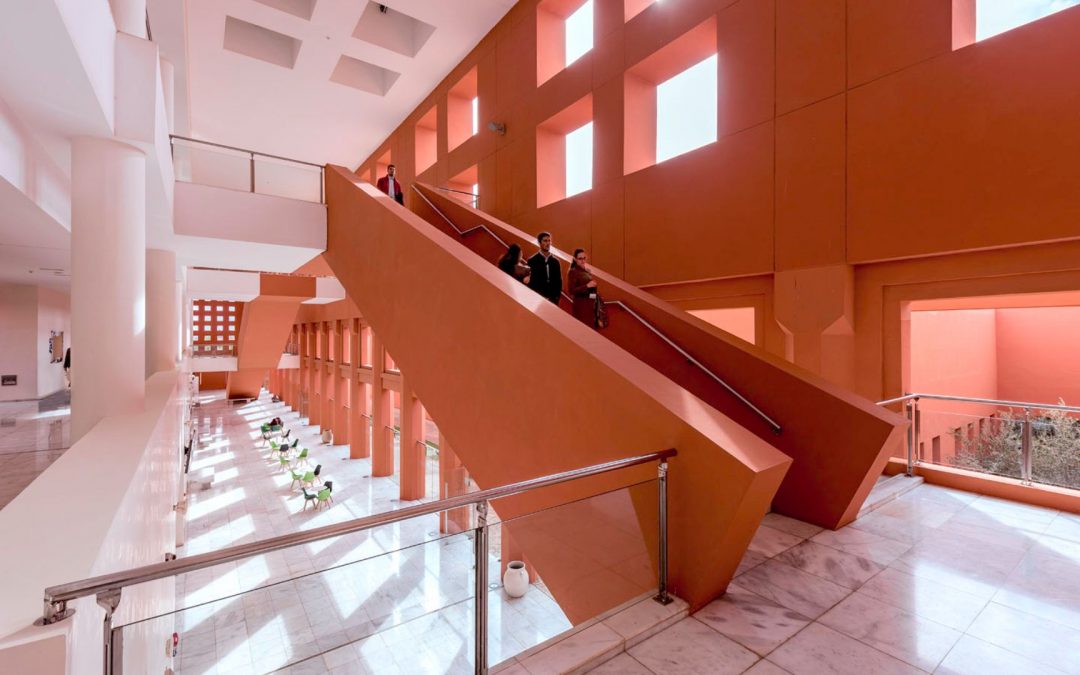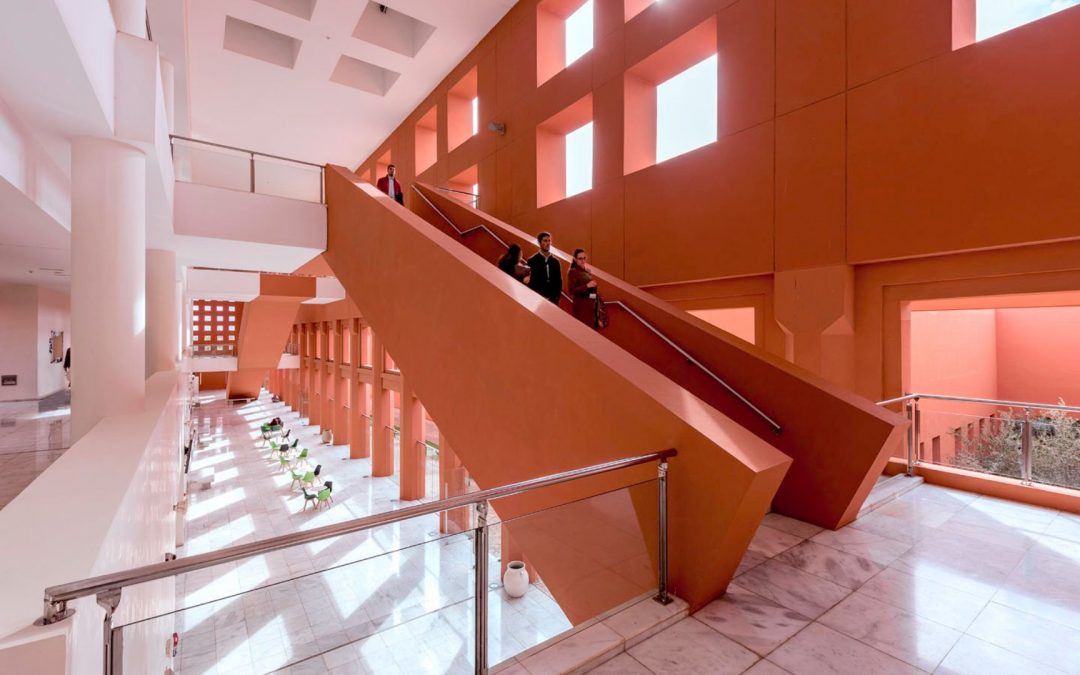The SARS-CoV-2 Omicron BA.1 sublineage has been supplanted in many countries by the BA.2 sublineage. Although Omicron is responsible for less severe forms in the general population, immunocompromised people are still at higher risk of developing severe forms of COVID-19. Several monoclonal antibodies are currently available in clinical practice as a preventive treatment for these patients. Scientists from the Institut Pasteur, the CNRS, the Vaccine Research Institute (VRI), in collaboration with Orléans Regional Hospital, the Paris Public Hospital Network (AP-HP), KU Leuven (the Catholic University of Leuven) and Université Paris Cité, studied the sensitivity of Omicron BA.1 and BA.2 to nine monoclonal antibodies, some of which are used in pre-exposure prophylaxis in immunocompromised individuals. The scientists showed a loss of neutralizing activity against BA.1 and BA.2 in people treated with two antibody cocktails (Ronapreve® or Evusheld®).

Cells infected with the SARS-CoV-2 Omicron variant. Infected cells fuse with neighboring cells to form syncytia (in green).
© Institut Pasteur. Nell Saunders, Delphine Planas, Timothée Bruel, Olivier Schwartz
The Omicron sublineage BA.2 has become increasingly common and is now dominant in several countries, including France. Scientists from the Institut Pasteur’s Virus and Immunity Unit (a joint research unit with the CNRS) and the VRI began by studying the sensitivity of the Omicron BA.1 and BA.2 sublineages to therapeutic monoclonal antibodies in a cell culture system. This step involved isolating an infectious BA.2 strain in collaboration with the Rega Institute at KU Leuven. They then examined the efficacy of pre-exposure prophylaxis in immunocompromised individuals at risk of developing severe COVID-19. The scientists first described the in vitro sensitivity of BA.2 to nine therapeutic antibodies, as compared to the Delta variant and Omicron BA.1. They went on to examine the clinical implications of these observations by measuring the neutralizing activity of the antibodies in sera from 29 individuals who had been treated with Ronapreve® (a cocktail of two antibodies developed by Roche/Regeneron) and/or Evusheld® (a cocktail of two antibodies developed by AstraZeneca).
The scientists compared the ability of the patients’ sera to tackle BA.1 and BA.2 between 3 and 30 days after treatment. The results of the study show that therapeutic sensitivity varies depending on the Omicron sublineage.
“We show that the antibodies and corresponding sera are inactive or only weakly active against BA.1, but more active against BA.2. As compared to the Delta variant, neutralizing titers were more markedly decreased against BA.1 (344-fold) than BA.2 (9-fold),” explained Timothée Bruel, lead author of the study and a scientist in the Virus and Immunity Unit at the Institut Pasteur (a joint research unit with the CNRS) with regard to Evusheld®.
Four Omicron infections were also reported among the 29 patients treated with antibodies (including one severe case). “This shows that, in this case, treatment does not fully protect against infection or against severe forms,” explained Thierry Prazuck, co-last author of the study and Head of the Infectious Diseases Department at Orléans Regional Hospital.
“To our knowledge, this is the first study to directly describe the seroneutralization of individuals treated with monoclonal antibodies against Delta, BA.1 and BA.2, and to link the results with infections. BA.1, and to a lesser extent BA.2, is less sensitive to Evusheld® and Ronapreve® than Delta. This suggests that these treatments are probably less clinically effective against Omicron infection than against Delta,” commented Olivier Schwartz, last author of the study and Head of the Virus and Immunity Unit at the Institut Pasteur (a joint research unit with the CNRS).
There are thought to be 230,000 immunocompromised people in France, including individuals receiving immunosuppressants for a transplant or chemotherapy for cancer, patients with autoimmune diseases and those yet to be treated for HIV infection. The antibodies have been administered to tens of thousands of individuals worldwide. This therefore represents a major public health issue which will require further clinical studies so that treatments can be adjusted in line with circulating variants.
Source
Serum neutralization of SARS-CoV-2 Omicron sublineages BA.1 and BA.2 in patients receiving monoclonal antibodies, Nature Medicine, 23 mars 2022
Timothée Bruel1,2,*, Jérôme Hadjadj3,*, Piet Maes4,*, Delphine Planas1,2, Aymeric Seve5, Isabelle Staropoli1, Florence Guivel-Benhassine1, Françoise Porrot1, William-Henry Bolland1,6, Yann Nguyen3, Marion Casadevall3, Caroline Charre7,8,9, Hélène Péré10,11, David Veyer10,11, Matthieu Prot12, Artem Baidaliuk12, Lize Cuypers13, Cyril Planchais14, Hugo Mouquet14, Guy Baele4, Luc Mouthon3, Laurent Hocqueloux5, Etienne Simon-Loriere12,$, Emmanuel André13,15,$, Benjamin Terrier3,$, Thierry Prazuck5,$ & Olivier Schwartz1,2,$
-
Institut Pasteur, Université Paris Cité, CNRS UMR3569, Virus and Immunity Unit, 75015, Paris, France.
-
Vaccine Research Institute, 94000, Créteil, France.
-
Department of Internal Medicine, National Reference Center for Rare Systemic Autoimmune Diseases, AP-HP, APHP.CUP, Hôpital Cochin, Paris, France
-
KU Leuven, Department of Microbiology, Immunology and Transplantation, Laboratory of Clinical and Epidemiological Virology, Leuven, Belgium
-
CHR d’Orléans, service de maladies infectieuses, Orléans, France.
-
Université Paris Cité, École doctorale BioSPC 562, 75013, Paris, France.
-
Université Paris Cité, Faculté de Médecine, Paris, France
-
INSERM U1016, CNRS UMR8104, Institut Cochin, Paris, France
-
AP-HP, Laboratoire de Virologie, CHU Cochin, Paris, France
-
10INSERM, Functional Genomics of Solid Tumors (FunGeST), Centre de Recherche des Cordeliers, Université Paris Cité and Sorbonne Université, Paris, France
-
Laboratoire de Virologie, Service de Microbiologie, Hôpital Européen Georges Pompidou, Assistance Publique des Hôpitaux de Paris, Paris, France
-
G5 Evolutionary Genomics of RNA Viruses, Institut Pasteur, Université Paris Cité, Paris, France
-
University Hospitals Leuven, Department of Laboratory Medicine, National Reference Centre for Respiratory Pathogens, Leuven, Belgium
-
Humoral Immunology Laboratory, Institut Pasteur, Université Paris Cité, INSERM U1222, Paris, France
-
KU Leuven, Department of Microbiology, Immunology and Transplantation, Laboratory of Clinical Microbiology, Leuven, Belgium
* These authors contributed equally
$ These authors jointly supervised this work
Read more

Call for projects 2025 UPCité – King’s College London
The call for projects between Université Paris Cité (UPCité) and our privileged partner King's College London (KCL), has been launched this friday, May 9th 2025. The objectives Université Paris Cité and King's College London are offering offering a seed funding for...

UM6P and UPCité Offer Two Joint PhD Scholarships
Mohammed VI Polytechnic University (UM6P) and Université Paris Cité (UPCité) are strengthening their collaboration by offering two joint PhD scholarships for thesis projects affiliated with one of UPCité’s Graduate Schools. This call aims to reinforce...

Radon Emissions on Mars and the Moon: The Contribution of Meteorites

Results of the first call for projects with Mohammed VI Polytechnic University
The first call for projects launched between Université Paris Cité and Université Mohammed VI Polytechnic in 2024 generated a great deal of interest. 24 proposals were submitted by pairs of researchers, one from UPCité and the other from UM6P, in all disciplines. A...
